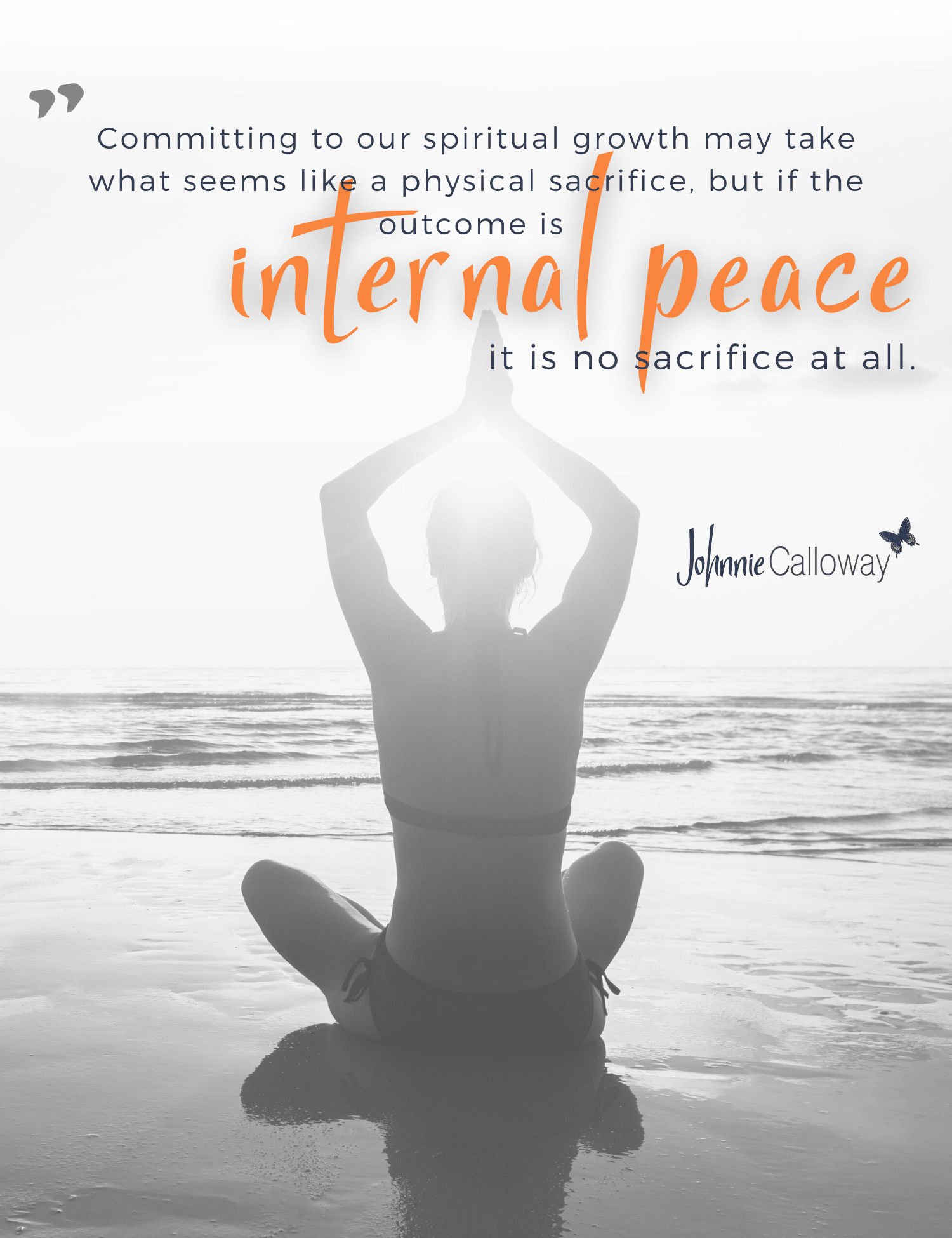In the previous three weeks, we spoke of, The Power of Listening, The Power of Thought, and the Power of Personal Responsibility. This week we will talk about the last piece to self-empowerment and personal freedom, The Power of Forgiveness.
With listening, we learned about the power of connection and hope; most importantly, we discovered we are not alone in our struggles. The power of thought teaches us that we have a lot more control over our thoughts than we have realized, and by becoming the master of our minds, we become the master of our lives. The power of personal responsibility leads us to believe that we are no longer victims to our thinking. By taking responsibility for our thoughts, we can change our lives.
And now the final piece, forgiveness. Forgiveness is often confused with tolerance. Most people approach the idea of forgiveness as if we are trying to acquire the ability to tolerate someone or something. This thought process is a confusion of forgiveness’s purpose. By learning to tolerate someone, we have merely decided to allow them to exist on the same planet with us. We cannot do this without making ourselves better than the person we are trying to forgive. Which only enhances the idea of separation, cuts the other person off from the rest, and feeds the guilt monster.
Remember, we learned by taking responsibility that everything that seems to happen to us, we have asked for and received as we have asked. Therefore, the abuser has only answered our call for help. All spiritual teachings eventually lead us to forgiveness. We have been mistaken in our approach to the concept. We have used the misguided attempt to help us burry deep within the grievance that we hold. To take forgiveness to its ultimate goal, we must come to appreciate the abuser for the gift they gave in response to our calling for the lesson.
[cp_modal display=”inline” id=”cp_id_db2da”][/cp_modal]True forgiveness is not about our allowing someone or something to exist. It is more appropriate to appreciate that the person, place, or thing does exist. To appreciate those we resent or have a grievance with, we must utilize the three principles of honesty, open-mindedness, and willingness. Open-mindedness is paramount in the process because we must be open to totally new and probably foreign ideas. The desire to be open-minded, along with the willingness to be wrong about the thoughts we hold onto about the ones we believe have wronged us, only makes the principle of honesty an extreme necessity. Without honesty, we will never be able to close the deal for forgiveness.
“Your true healing lies in your ability to identify with your sameness.” This idea can seem impossible to wrap our minds around because we focus on the ‘form’ of the wrongs that were done to us. In my personal story, I would never DO the things to any person that my father did to my family and me. I had to be willing to look beyond the behavior to the driving thought, feeling, and motive for his actions to find the similarity, his driving force (his belief that he was alone, unlovable, unloving). In this, we were the same. It helps to depersonalize the abuser’s actions.
I am aware that what I am asking you to do is a lot to digest. To do these things, I know that it takes an unparalleled commitment to those principles, as mentioned above, honesty, open-mindedness, and willingness. I also know that by doing the stuff myself that I am asking you to try this thought process on and see if it might help, they are worth the effort.
Ultimately, the goal is self-forgiveness, but discovering and taking on the idea that our motives for all of our mistakes are the same, we find that forgiving another and forgiving ourselves happen simultaneously. This order may not appear to be the case. I only ask that you be open to the idea of oneness.
Remember, nothing happens ‘to us’ everything happens ‘for us.’
Subscribe To The Newsletter
GET THE LATEST CONTENT AND NOTIFICATIONS
Your information is safe and secure.



